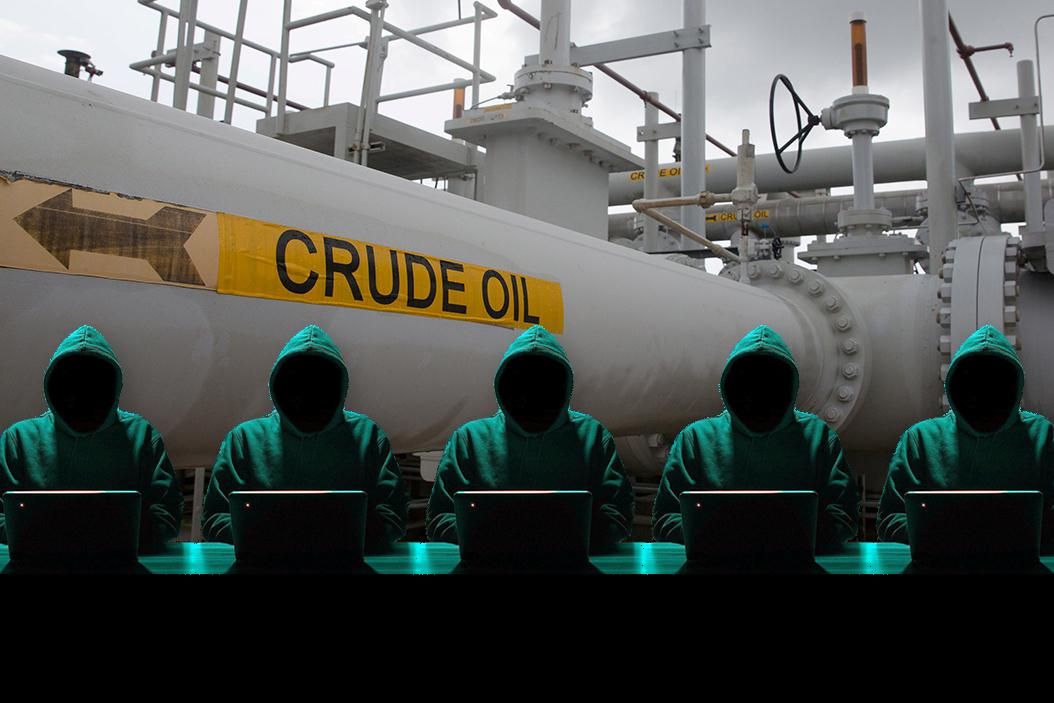Hard Numbers: US bounty for Colonial Pipeline hackers, China’s exports grow, America opens up, Elon Musk vs Dem senator
10 million: The US government has offered a $10 million reward for information about the Colonial Pipeline ransomware hackers. It's the largest-ever US bounty for the arrest of a specific group of cybercriminals, and half what the company reportedly paid to get the encryption key last May.
33: Right in time for the holiday season, the US will (finally!) open its borders on Monday to fully vaccinated non-US citizens and residents from 33 countries who have been banned from traveling directly to America for more than a year and a half. Great news for airlines and the US tourism sector, not to mention for those who've been separated by the travel ban since the pandemic began.
300 billion: China exported $300 billion worth of goods in October, up 27.1 percent from a year ago. The figure is much better than many economists expected given the country's economic slowdown, ongoing power shortages, and global supply chain disruptions.
10: Elon Musk set Twitter ablaze by asking his followers if he should offload 10 percent of his Tesla stock, which — technically — he would have to pay US taxes on. Musk was blasted by Ron Widen (D-OR), the US senator leading the charge to pass a wealth tax on billionaires so that Musk and other uber-rich Americans would be on the hook for the value of their stock, not just when they sell it.